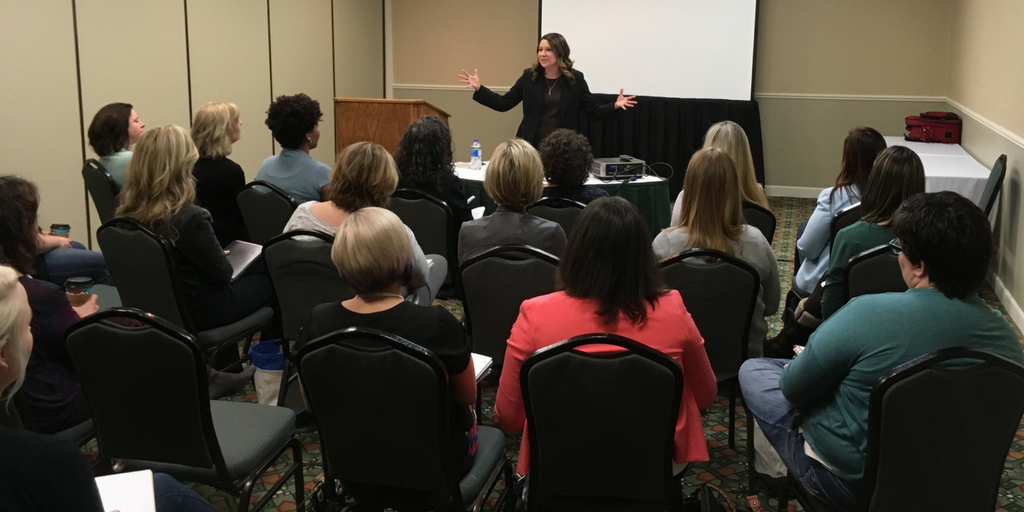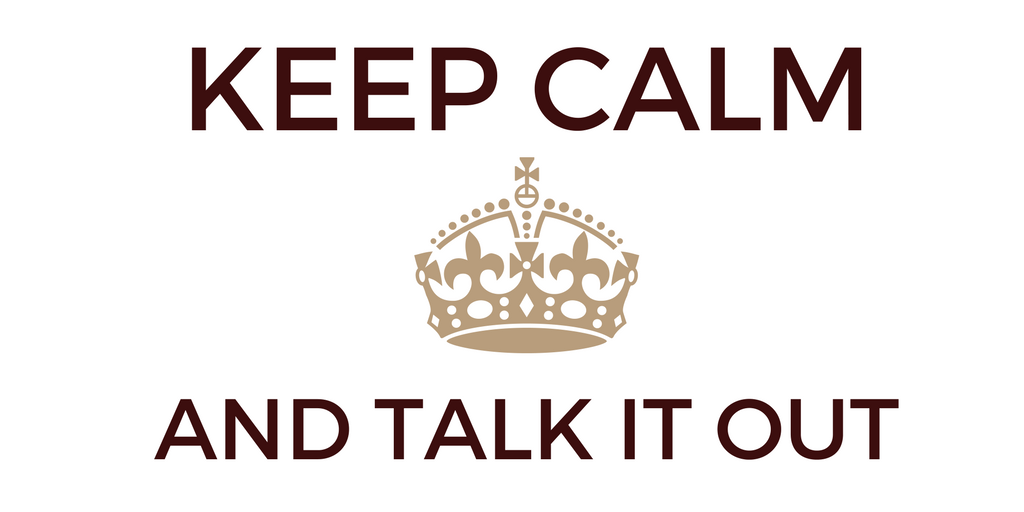
Speaker Spotlight: Robin Walker
Our Speaker Spotlight series puts the focus on speakers in our community. Iron sharpens iron, and we can all learn from the experiences of others. We asked questions and our speakers answered them. These answers come from Robin Walker.
Who do you most like to speak to? Tell us about your ideal audience.
I love speaking to business women in smaller groups of 10-25. We can really get to know each other and everyone gets some personal attention. It is perfect for workshops, because we can split into smaller groups or pairs as well.
What are your favorite topics to talk about or teach?
I can talk business all day, everyday! One of my favorites is idea generation and brainstorming. I also talk a lot about goal setting and taking action, as well as being intentional about building our businesses in collaboration with our family life.
What sets you apart from other speakers? What do your audiences love about you?
Three of my strengths (via Strength Finders 2.0) are communication, futuristic, and positivity. I encourage women out of their comfort zones, help them believe in themselves, and focus on bright and possible futures. I also include a lot of worksheets, hands on learning, and interactive groups, so that the audience keeps engaged and gets work done.
What does your dream speaking engagement look like? Describe it here.
I am hoping to launch it Summer of 2018! Stay tuned. If something doesn't exist, create it yourself. :)
Bloopers happen to everyone. Tell us about one that happened to you. How did you handle it?
I have numerous Facebook Live bloopers (some of which Carrie has been witness to). Phone falling mid-Live is the most common. Usually I laugh, occasionally I delete if it was at the very beginning of the broadcast, then start over. Bloopers show your human side and people love them.
How do you control your nerves during a speaking engagement?
I try to focus on the audience and not myself. I pray and ask for the words that the women need to hear, and ask to bring them joy and value. I have also been know to play loud music in the car to get out some extra energy.
What's the best advice you've ever gotten regarding public speaking?
PREPARE.
What do you hope to accomplish with your speaking in the next 10 years?
I would love to be able to create unique workshop and speaking/training experiences that fit the needs of women in my group. Events that are what WE need, not just what has been done in the past. I have no desire to be in front of millions, just a small group that I can love on and support and watch flourish.

I’m Robin Walker, and I’ve used my 15+ years of running my own business and years of public teaching experience and to create The Women’s Business Workshop. I 'retired' from teaching when I had my oldest daughter. The plan was to be a stay at home mom, but business captured my heart, and 4-5 businesses later, here I am.
I help women start, build, and up level their business through online resources, in-person workshops, 1:1 business coaching, and a 2 day annual conference in Lake Geneva, WI.
Connect with Robin:
Website: www.WomensBusinessWorkshop.com
Facebook: www.facebook.com/lakesideconference
Facebook Group: www.facebook.com/groups/WomensBusinessWorkshop











 Suzanne Brown is a strategic marketing and business consultant, advocate for professional part-time working moms,
Suzanne Brown is a strategic marketing and business consultant, advocate for professional part-time working moms, 

